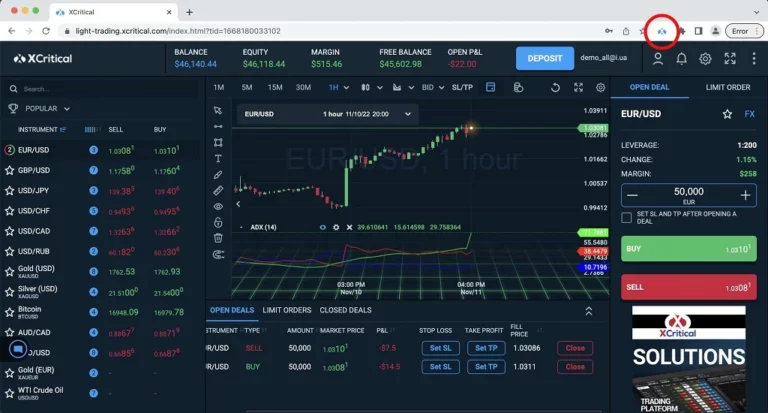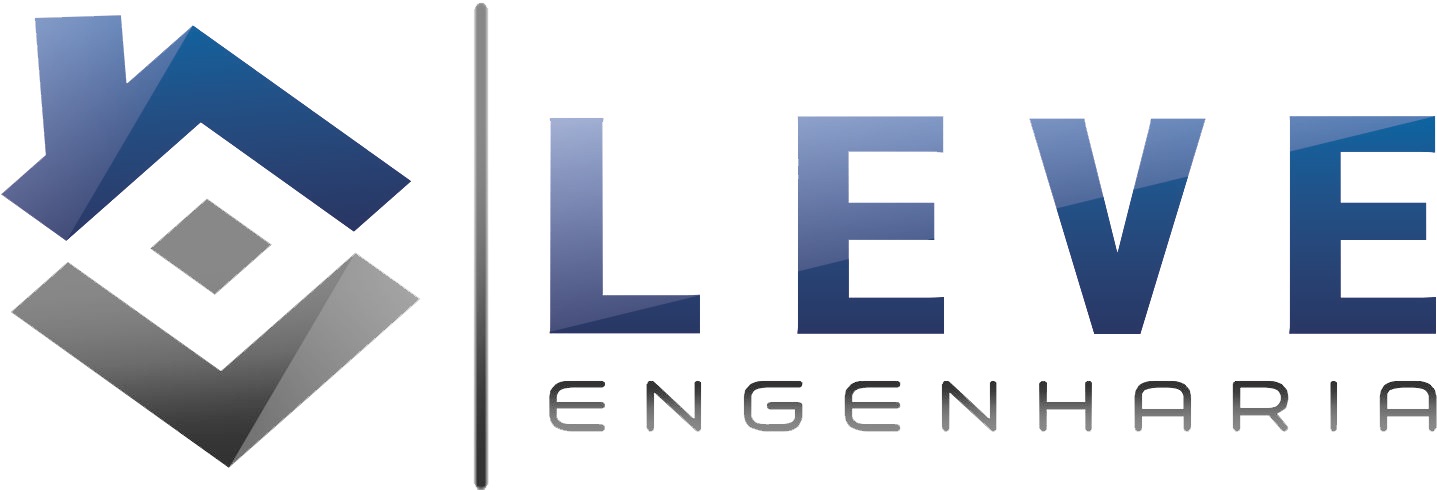Content
Investors should be aware of these potential risks when considering working with clearing firms or investing in hedge funds. Traders may place trades on various trading platforms, and clearing firms ensure that these trades are settled properly and efficiently. They ensure that client assets are protected from potential risks while maintaining https://www.xcritical.com/ overall market stability and investor confidence.
FICC Offers New Client Risk Portal
Despite these challenges, successful partnerships between clearing firms and broker-dealers continue to exist. This allows you to focus on your core business activities, such as executing trades and providing financial services to your clients. In this article, we will explore the world of clearing firms and their role in trading. All of this may sound somewhat dry or technical self clearing broker dealer – but make no mistake, without clearing firms doing their job behind the scenes, our entire financial system would be at risk. In simple terms, they act as intermediaries between buyers and sellers in financial transactions.
Understanding the Importance of Clearing and Settlement
- Clearing and settlement are two vital functions in the securities industry that help ensure the smooth operation of broker-dealers.
- Artificial intelligence and machine learning are also being used in clearing and settlement operations.
- Like the introducing broker dealer, the self clearing dealer has a high level of capital to provide a high level of service in the process of trading financial assets within self-regulatory organisations.
- In this case, the clearing firm selects buyers and sellers, taking on all legal and financial risks within the framework of the transaction.
- By managing clearing and settlement in-house, they can potentially reduce transaction times, lower costs, and implement tailored risk management practices.
- A broker-dealer is a company that engages in the business of trading securities for its own account or on behalf of its customers.
- If end-to-end trade clearing is managed within the firm, the broker has more control over the trade settlement procedure.
This may lead to the testing of controls over significant areas of the back-office system that relate to materially significant financial statement line items and would result in additional costs. While these benefits may suggest that transitioning to self-clearing is the obvious Initial exchange offering choice, there are certain attributes a firm must possess to successfully transition, as self-clearing may not be the most logical choice for all brokers. These relationships can pose potential risks, such as conflicts of interest or systemic implications for the broader financial system if a clearing firm were to fail or experience financial difficulties. Market makers provide liquidity to the market by buying and selling securities at quoted prices, while hedge funds use a variety of investment strategies to generate returns for their investors. While custodians are primarily focused on safeguarding assets, clearing firms are focused on executing trades. They can streamline back-office processes like trade confirmation and settlement, which can save you time and resources.
How does self-clearing compare with using third-party clearing firms?
These processes help to streamline the trading process, reducing the time and effort required to complete transactions. For example, automated clearing and settlement systems can process trades quickly and accurately, reducing the need for manual intervention. One of the primary functions of clearing and settlement is to ensure compliance with regulatory requirements. Broker-dealers must comply with various rules and regulations set by the Securities and Exchange Commission (SEC) and other regulatory bodies. For example, clearinghouses may require that all trades be reported within a certain timeframe, and settlement must occur within a specific period. Regulatory oversight of clearing and settlement is essential for maintaining the integrity and stability of the financial system.
The timely and accurate trade confirmation is a crucial aspect of the clearing and settlement process in the broker-dealer operations. It is important to note that trade confirmation serves as a means of communication between the broker-dealer and the client, confirming the details of the transaction. A prompt and accurate trade confirmation ensures that the client has received the correct information about the trade, and it helps to prevent any disputes that may arise in the future. Settlement is the final stage in the trading process and involves the transfer of securities and funds between the parties involved. Settlement helps to reduce risks by ensuring that the buyer receives the securities they have purchased and the seller receives the funds they are owed.
This approach requires robust internal systems to ensure accurate record-keeping and compliance. Despite facing several challenges, clearing firms can embrace new technologies and expand into new markets to continue delivering value to their clients. The buy or sell transaction is only possible because of the crucial role played by clearing firms and broker-dealers.
Investment brokers are involved in investment banking by helping to find buyers and sellers of investment securities. They often give investment advice to their clients and earn advisory fees, which could be commission or fee-based. Investment brokers are also involved in private placements, in which they receive flat fees or commissions.
Market makers take the risk of holding a certain number of shares of a certain security to facilitate the trading of that particular security. The market maker brokers quote both a buy and sell price for the security that is held in their inventory, with the intent to make a profit from the turn of the security. A market maker can sell stocks that are on major stock exchanges, but they can also be involved in over the counter markets as well, which often have more than one market maker. To protect themselves from market fluctuations, market makers often maintain a spread on each stock, which is the difference between the price the market maker is willing to buy a security for and the price it is willing to sell it for. The spread represents the potential profit a market maker can make from their business, and it is meant to compensate them for the risk they take when engaging in this business.

Thanks to the presence of special systems, they conduct all transactions without the participation of third parties, which significantly reduces the costs incurred in the process of cooperation with them. Executing brokers place buy and sell orders at the best available prices in the market and often rely on third-party clearing brokers or general clearing members for post-trade processing. Self-clearing broker-dealers play a vital role in the dynamic landscape of the Forex market, offering a unique approach to handling trades and transactions. In this article, we delve into the intricacies of self-clearing broker-dealers, exploring their functions, benefits, potential pitfalls, and how they compare to other similar concepts. The CFTC is another regulatory body that oversees clearing and settlement operations, specifically in the derivatives markets. The CFTC is responsible for ensuring that clearinghouses and other market participants comply with regulations that govern the trading and settlement of futures and options contracts.
In addition, the cost can vary depending on the market in which the transaction takes place. The DTCC is a private company that provides clearing and settlement services for a variety of financial instruments, including equities, fixed-income securities, and derivatives. The DTCC is subject to regulatory oversight by the sec and the CFTC, as well as by the Federal Reserve System.
Similarly, financial institutions that choose to self-clear must invest in technology and personnel to ensure that their systems are secure and compliant with industry standards. However, some financial institutions may prefer to self-clear to maintain greater control over the clearing process. While both options have their advantages and disadvantages, many institutions are turning to outsourcing as a way to streamline their operations and reduce costs. It is important to note that there is a list of clearing firms to choose from, but it is crucial to select one that is reputable and trustworthy. Maintaining custody refers to the safekeeping of client assets such as securities, cash, and other financial instruments.

Challenges include operational complexity, increased regulatory scrutiny, risk concentration, and resource intensiveness. We are especially effective at launching and scaling fintechs with innovative compliance strategies and delivering cost-effective managed services, assisted by proprietary regtech solutions. The tasty breakfast was truly a pleasant surprise because of all the different options.
These processes help to ensure that trades are settled correctly and that all parties involved receive the correct amount of money. Additionally, clearinghouses may require that broker-dealers maintain certain levels of capital and insurance to protect against potential losses. It is the process of ensuring that securities transactions are completed and settled in a timely and accurate manner. The cost of clearing and settlement can be significant and can impact the profitability of broker-dealers. In this blog section, we will discuss the cost of clearing and settlement and explore different viewpoints.
Clearing brokers themselves are employees of an exchange, and as such as paid to facilitate trading and order settlement between those requesting, or placing, the trade and the exchange. InnReg is a global regulatory compliance and operations consulting team serving financial services companies since 2013. This setup allows the broker-dealer to focus on its core activities, such as sales, marketing, and customer service, without the complexities of managing clearing operations. Today, there is a broker’s type that simplifies the process of order processing and independently conducting all necessary operations on deals, including clearing ones, which gives them certain advantages. They also offer clearing services to their clients, which include clearing corporations, clearing companies, and clearing clients. They can use blockchain technology to enhance transparency and reduce settlement times.
The Federal Reserve System is responsible for overseeing the payment and settlement systems in the United States. The Federal Reserve plays a critical role in ensuring that clearing and settlement operations are conducted safely and efficiently. Unlike fully disclosed broker-dealers, omnibus broker-dealers do not disclose individual customer details to the clearing firm. Instead, the broker-dealer manages all customer transactions internally and is responsible for reconciling these transactions within the omnibus account.
